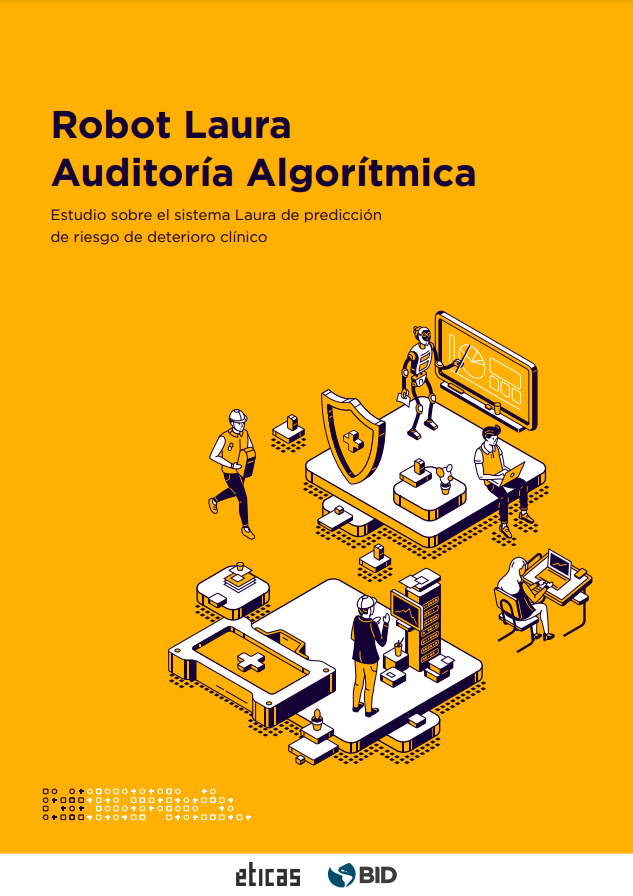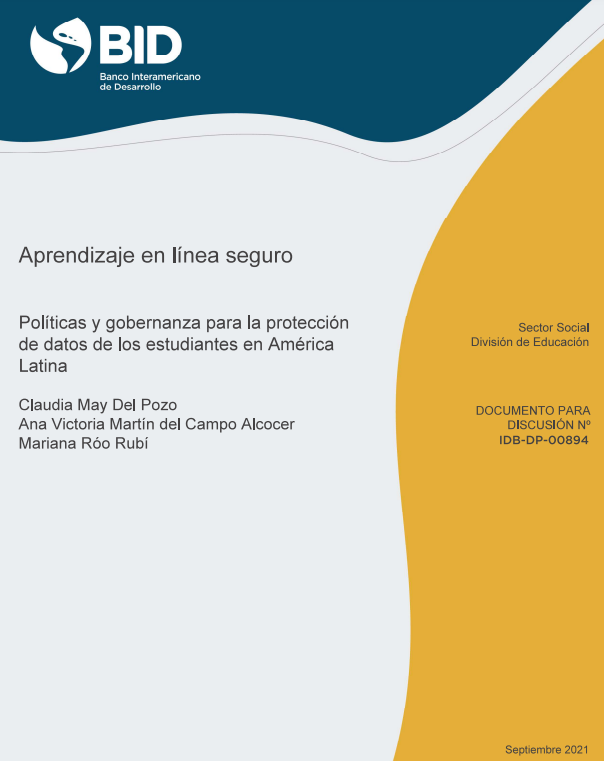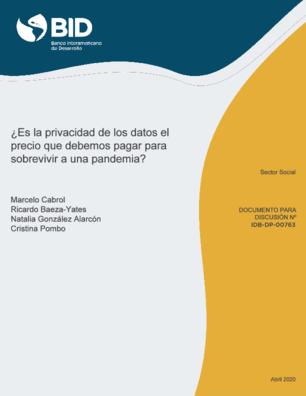Back to Observatory
dIAlogos study: Perceptions of the Future
Description of the service
Diálogos is a study to portray the Chilean population's perception of the future. It came to life thanks to the alliance between Fundación Encuentros del Futuro and the company Merlin Research, which provided methodological and technological support with the assistance of Deep Networks Analytics (DNA). The project received a technical advisory from the National Council for Innovation and Development (CNID), researchers from the Language Technology Institute (LTI) of Carnegie Mellon University, and support from the Ministry of Science, Technology, Knowledge and Innovation, Futuro360 and Fundación VTR. With the participation of 15,413 individuals through interviews with cognitive robots, web, and face-to-face responses, the study codified more than 100,000 ideas, being uncertainty the dominant feeling of Chileans regarding the future. AI Impact Alliance (AIIA), an international organization that ensures the protection of data and human rights in the use of AI, validated the methodology, and the results are shared openly to serve as technical input in the development of new research, decision-making, and design of public policies.
This project is innovative because ideas were analyzed by capturing natural language (unstructured data) and responding to open and spontaneous questions that people asked a cognitive robot and not to pre-made measures of binary or artificially dichotomous answers. It is the first time that a study of spontaneous ideas from the Chilean population has been performed with such participation that the sampling error was less than 1%.
Problem that it solves
In recent years, we have seen progress in understanding the importance of planning for the future of development to achieve a balance leading to sustainability. Society is often structured to comment on these issues to the authorities and to the various public/private institutions that somehow help to build an imaginary of collective preferences or trends.
The current tools that help capture such information have not mutated in the last 30 years, i.e., multiple-choice (A; B; C; or D) or binary preferences (a or b; black or white; Yes or No). Likewise, collection platforms vary only in telephone, digital or face-to-face interface, not allowing the various complexities of a natural conversation to incorporate into strategic planning for a sustainable future. Finally, data volumes hardly exceed 3,000 cases, which we quintupled to cover the entire national territory, obtaining a wealth of concepts (100,000 ideas) never mapped before. This research becomes an actual paradigm shift.
Type of AI app used
Interaction support (chatbots, virtual assistants, and others), Reasoning with knowledge structures, Recognition
Main results to June 30, 2021
In times of polarization and simplification of ideas resulting from information bubbles and social context, the study provides a complexity map. There are hundreds of important ideas. The notion that people are 100% convinced of something and against something else is often a perception boosted by the dynamics of social networks and the superficiality of public conversation. It is only a mere caricature of Chileans. People think in a more complex and even non-linear way, for example. -One out of five people who express feelings of hope for the future also have feelings of fear or uncertainty (80%).
- One out of five people who express feelings of hope for the future also have feelings of fear or uncertainty (80%).
- There are two groups concerning their future desires: those who seek more tranquility/harmony and those who seek a more equal/fair future.
- Sustainability and environmental protection are cross-cutting desires among respondents (34%).
It is also worth noting that this study allowed us to identify more than 300 different ideas, although our report will only focus on the Top 70.
Three main bottlenecks faced during implementation
- Respecting the design's sample distribution according to reachability and effectiveness, with spans during the social uprising and restrictions of the COVID pandemic.
- Choosing the tools and methods that provided the most "insights" (revealing, non-obvious information) from the responses collected.
- Ensuring a coordinated work of assembling results with non-face-to-face teams.
Lessons learned in the design or use of AI for social impact
AI is a field in full development, providing a growing number of tools and methodologies of increasing complexity. It is not a technology that can be used uncritically, as if it were a Plug & Play Module applicable to any data set. Criteria are required to test and select those that experimentally give indications of revealing hidden characteristics of the data.
Country of origin
Geographic scope of operations
Chile: Tarapacá, Antofagasta, Atacama, Coquimbo, Valparaíso, El Libertador General Bernardo O’Higgins, Maule, Biobío, La Araucanía, Los Lagos, Aysén del General Carlos Ibáñez del Campo, Magallanes and Chilean Antarctica, Metropolitana de Santiago, Los Ríos, Arica y Parinacota, and Ñuble regions.Website
https://estudiodialogos.cl/Type of executing entity
Civil society organizationSector/industry
Sustainable Development Goal(s) to which your AI solution contributes
10 (reduced inequalities), 17 (partnerships for the goals)
IA app developed internally or by a third party
External company
Name of implementing entity
Fundación Encuentros del Futuro
Stakeholders involved
The project resulted from the working alliance between Fundación Encuentros del Futuro and the company Merlin Research, which provided methodological and technological support and collaborated in developing the Dialogos concept in collaboration with Deep Networks Analytics (DNA). The project received technical advice from the National Council for Innovation and Development (CNID), researchers from the Language Technology Institute (LTI) of Carnegie Mellon University, and support from the Ministry of Science, Futuro360, and Fundación VTR. AI Impact Alliance (AIIA), an international organization that oversees data and human rights protection in AI use validated and certified the methodology and results.
Percentage of the development team that are women
40%
Year they started using AI-based models
This AI project was the first approach of Fundación Encuentros del Futuro to use models supporting AI-based decision-making in mid-2019. AI is not only extensively present in advanced data analytics systemsIt may interest you
Este documento presenta el Informe Final de la auditoría algorítmica del sistema Laura, llevada a cabo por Eticas Research and Consulting.
El uso de la tecnología es fundamental para la educación en momentos de distanciamiento social, y su importancia sólo seguirá creciendo en el futuro, el uso de plataformas pone a los niños y las niñas en un estado de vu



